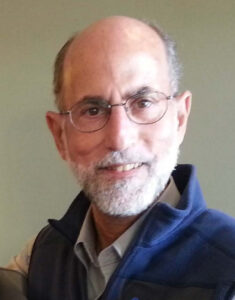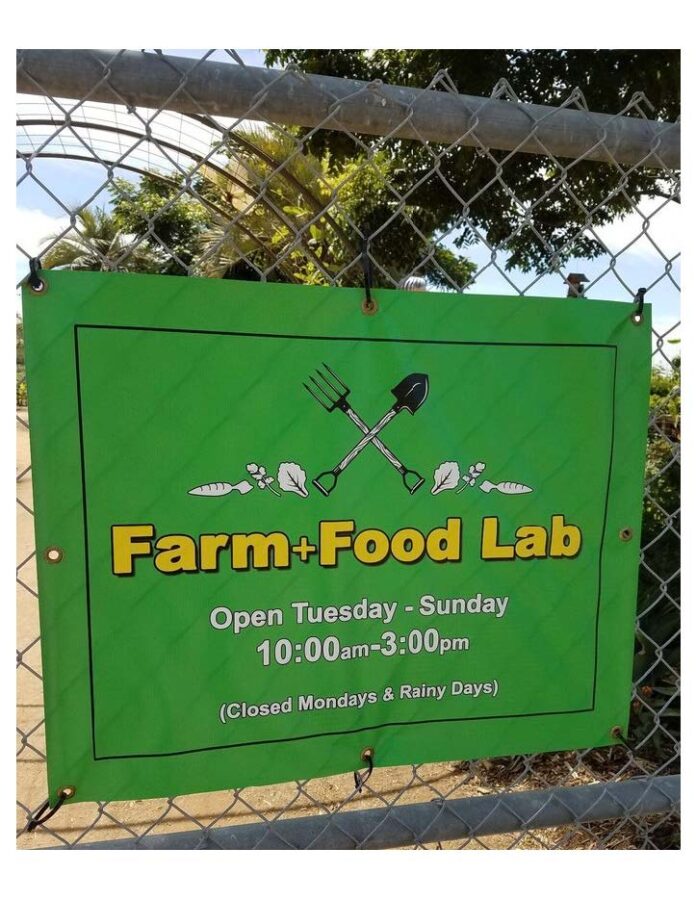By Joel Block
Urban Agriculture is becoming a key ingredient for improving the quality of life in our Orange County communities.

Courtesy photo
Whether it is in the form of community gardens or larger-scale community farms, the need for community-based, community-operated food sources is readily apparent.
For consumers, our recent experiences with dramatically higher prices for nutritious, fresh, non-toxic raw fruits and vegetables proves the need for locally grown food.
For students of all ages, community gardens and farms provide excellent teaching opportunities concerning the life sciences, project management, etc., plus work and exercise opportunities.
For Urban ‘Ag’ volunteers, community gardens and farms offer the opportunity to help grow (then eat) your own healthy food, get healthy exercise, meet like-minded neighbors, and contribute to the betterment of your community.
For community members struggling to survive on low or no incomes, community gardens and farms provide a source of fresh healthy food available for local food banks and community kitchens.
Finally, for everyone, urban agriculture improves our environment by increasing community vegetation which replaces carbon dioxide with oxygen. In addition, increasing the supply of locally-grown produce reduces the energy consumed by the use of existing supply chains extending to the Central Valley, Central and South America.
Orange County now counts an estimated 3.2 million residents among its diverse communities. Yet, with a virtually unlimited growing season, community farms and gardens number in the dozens, not the hundreds or even thousands required to fill the county’s needs.
Orange County before my birth in 1948 was mostly dominated by agriculture. Since then, the population has increased 15 fold, changing the local landscape dramatically to an urban space. For all the reasons I’ve listed above, its time our communities reclaimed a portion of the agricultural heritage we’ve lost.
Editor’s Note: Joel Block is a journalist, retired media attorney who lives in Rossmoor.

